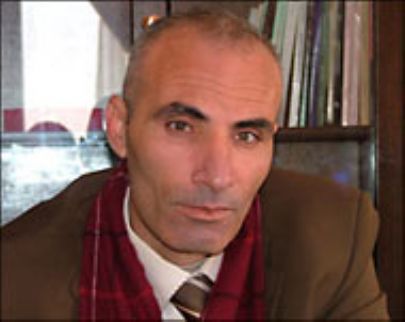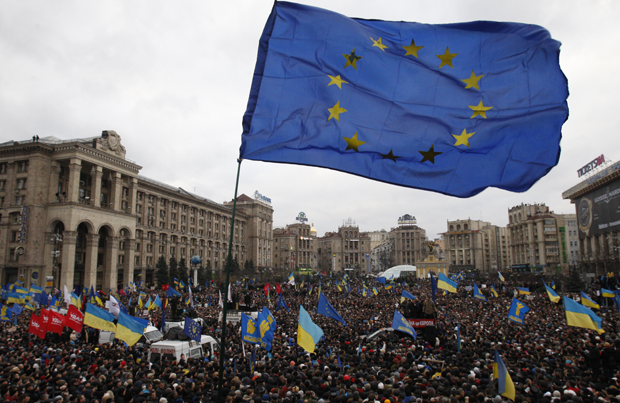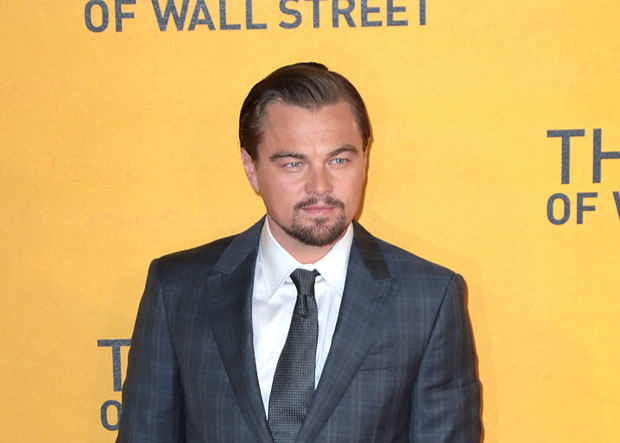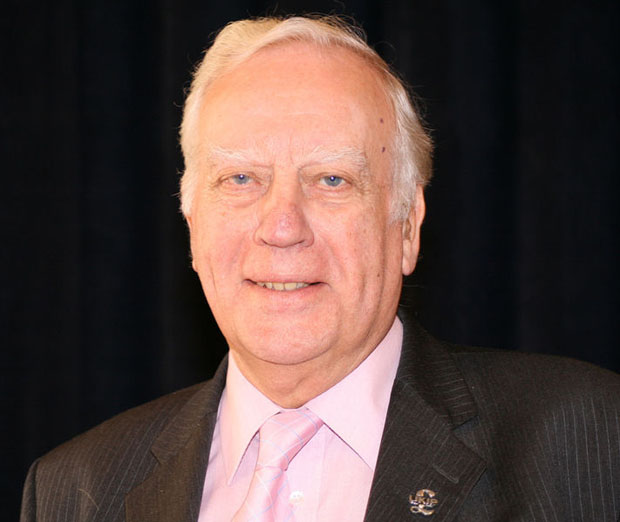17 Jan 2014 | Middle East and North Africa, News and features, Palestine
 A leading Palestinian human rights activist has claimed that freedom of speech is far greater under the Hamas regime in Gaza than in the Fatah-controlled West Bank.
A leading Palestinian human rights activist has claimed that freedom of speech is far greater under the Hamas regime in Gaza than in the Fatah-controlled West Bank.
Khalil Abu Shamala, director of the al-Dameer Centre For Human Rights – which works in both Gaza and the West Bank – said that although there were still occasional arrests of Fatah members, “nowadays we don’t document many violations”.
He noted that this was partly down to Hamas’s weakness in the face of international pressures, particularly the breakdown of relations with the Egyptian regime.
In the past, Hamas has made large-scale arrests of journalists and called many others in for questioning, with opposition activists and bloggers facing harassment.
But although abuses still occurred in Gaza, Abu Shamala said that government forces in the Palestinian Authority–controlled West Bank took much harsher action against critics.
“Freedom of expression in Gaza is better than in the West Bank,” he told Index on Censorship. “We have many cases where the PA arrest and attack people because they criticize them on Facebook, and many Facebookers in the West Bank use alternative names, not their real names. But here, they speak without any harassment by Hamas.”
A rift between Hamas and Fatah, which culminated in the Islamist group seizing power in the Strip in 2007, has led to the creation of two near-separate entities in Gaza and the West Bank. Hamas refuses to recognise the Jewish state and is under an embargo by Israel and the international community.
“I don’t know why, but in the West Bank, Palestinian Authority security systems have cooperation and coordination with Israel – and they don’t want to give the opportunity for a third intifada, and they don’t want to allow Hamas or those who are against the Palestinian Authority [to speak out] because they know many of the Palestinians in the West Bank hate the Palestinian Authority,” Abu Shammala continued.
Hamas has previously issued proceedings against Abu Shamala for his outspoken criticism of the Islamist group.
“After they took over Gaza, they wanted from the beginning to impose their Islamic agenda on the society,” he said, adding that his organisations and others had tried to combat these efforts.
The Hamas deputy foreign minister, Ghazi Hamed, denies that his government took any action to silence their critics.
“We are not oppressing people and people can speak loudly, can criticise the government, can criticise Hamas,” said Hamed. “We never put anyone in jail who criticizes Hamas or write something against Hamas. We have different organisations, political parties, even writers, they have full freedom to write what they want.”
16 Jan 2014 | Europe and Central Asia, News and features, Ukraine

(Photo: Anatolii Stepanov / Demotix)
The Ukrainian parliament has adopted a new repressive law that seriously restricts freedom of expression and assembly, in a move the country’s civil society calls “a constitutional coup d’état”.
Law No. 3879, which enters into force tomorrow, criminalises libel (with a maximum sentence of two years of limited freedom), introduces criminal liability for “distribution of extremist materials”, allows blocking of websites and creates a Russian-style “foreign agent” definition for NGOs that use foreign funding.
Criminal liability for defamation and dissemination of extremist materials includes content posted online. The National Commission of State Regulation of Communication and Informatisation has the right to restrict access to websites “that are considered by experts to contain information that breaks the law.” Internet service providers will be obliged to buy special equipment to allow security services to monitor the internet and to restrict the access “to websites of information agencies that have no state registration.”
The law also requires mobile operators to identify SIM-cards owners; to buy a mobile contract one will have to present a passport and sign a formal contract.
The freedom of peaceful assembly is also threatened. In particular, the law forbids taking part in protests while wearing a helmet or a mask. Participating in a motorcade of five or more cars will lead to a fine and confiscation of the cars.
As the opposition tried to block the adoption of the draft law, the pro-government majority voted for the new legislative act with a simple show of hands, and without any discussion. The urgency of the law was explained by “a significant aggravation of [the] political and social crisis” in Ukraine.
“The law has been adopted by breaking all procedure rules. In fact it is a constitutional coup d’état that restricts fundamental freedoms and rights in Ukraine,” Olexandra Matviychuk, the chairperson of the Centre for Civil Liberties, told Index.
The restrictions outlined by the new law are aimed at civil society activists involved in the peaceful protests that started in Ukraine in November 2013 after the government refused to sign an association agreement with the EU.
This article was posted on 16 Jan 2014 at indexoncensorship.org
16 Jan 2014 | Africa, Kenya

Leonardo DiCaprio at the recent British premiere of The Wolf of Wall Street in London
Hollywood film The Wolf of Wall Street, starring Leonardo DiCaprio, has been banned in Kenya. The Kenya Film Classification Board announced their decision in a post on their Facebook page.
“There is a LIMIT to everything and we believe the Kenyan public deserves better. WOLF OF WALLSTREET has been RESTRICTED. The film is NOT for sale, exhibition or distribution in KENYA. Violators shall be PROSECUTED,” the message reads. No reason beyond this was given for the ban.
This article was posted on 16 Jan 2014 at indexoncensorship.org
16 Jan 2014 | News and features, Politics and Society, United Kingdom

Derek Clark MEP (Image: Euro Realist Newsletter/Wikimedia Commons)
The UK Independence Party has promised it will ban the teaching of climate change in schools, if elected in May next year.
The party’s 2010 manifesto included a pledge to ban Al Gore’s Oscar-winning global warming documentary An Inconvenient Truth from schools.
But this week UKIP Education spokesman MEP Derek Clark has said the party will go even further. Clark told Index on Censorship:
We will still ban Al Gore’s video for use in schools if I’ve got anything to do with it. I will not have much opposition within the party. It is, of course, not just this video which needs banning; all teaching of global warming being caused in any way by carbon dioxide emissions must also be banned. It just is not happening.”
Dr Nick Eyre, Jackson Senior Research Fellow in Energy at the ECI and Oriel College Oxford and Co-Director of the UK Energy Research Centre, said of the proposal: “It is anti-scientific nonsense – as well as a worryingly repressive approach to education. The very strong link between climate change and anthropogenic carbon dioxide emissions is overwhelmingly accepted by the global scientific community, and has been for at least 25 years.”
A recent IPCC report shows that scientists believe with 95% certainty that humans are the “dominant cause” of global warming. A 2013 study by UK Energy Research Centre, however, showed that 46% believe that climate change is ‘partly caused by human activity’, 22% believe that climate change is ‘mainly caused by human activity’ and another 6% believe that climate change is ‘entirely caused by human activity’. In total 74% of those surveyed believed that human activity is responsible for climate change.
This article was posted on 15 Jan 2014 at indexoncensorship.org
An earlier version of this article stated: “95% of scientists believe that humans are the ‘dominate cause’ of global warming.” It has been edited to: “scientists’ believe with 95% certainty that humans are the ‘dominate cause’ of global warming.
This article was amended to include the total number of people in the UK Energy Research Centre study who believe that human activity is responsible for climate change.
 A leading Palestinian human rights activist has claimed that freedom of speech is far greater under the Hamas regime in Gaza than in the Fatah-controlled West Bank.
A leading Palestinian human rights activist has claimed that freedom of speech is far greater under the Hamas regime in Gaza than in the Fatah-controlled West Bank.


